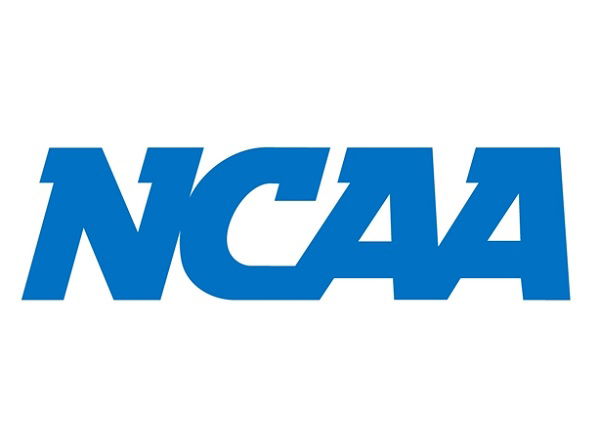

It started with a quiet vote on October 8. Little did anyone know it was going to send shockwaves through college athletics before most fans even realized what happened. The NCAA Division I Cabinet, a committee sitting just below the board of directors, voted to lift the ban preventing athletes from betting on professional sports. On the surface, it sounded like progress. In reality, it triggered a tidal wave of backlash across the nation’s most powerful football programs. But schools and conferences can still choose to enforce their own bans. And now, that’s exactly what they’re rallying to do.
Watch What’s Trending Now!
The NCAA, sensing the storm, announced that it’s delaying the new rule and could even roll it back entirely by a November vote. According to a report from Ross Dellenger on X on November 7, “Nearly 60 DI schools – including 24 in the power leagues – have logged votes in NCAA’s digital portal to rescind the decision to permit athletes to wager on pro sports. Schools have until Nov. 21 to vote. A two-thirds majority of the 361 active DI schools is needed to rescind.” It’s a full-blown rebellion. The SEC was among the first to raise the red flag, sending a strongly worded letter to the NCAA urging it to reverse course.
ADVERTISEMENT
Nearly 60 DI schools – including 24 in the power leagues – have logged votes in NCAA’s digital portal to rescind the decision to permit athletes to wager on pro sports. Schools have until Nov. 21 to vote. A two-thirds majority of the 361 active DI schools is needed to rescind.
— Ross Dellenger (@RossDellenger) November 7, 2025
Even the coaches are joining the chorus. Pitt’s Pat Narduzzi didn’t mince words, calling the decision “the stupidest thing I’ve ever seen.” Kansas State’s AD Gene Taylor piled on with a simple but cutting line, “What are we thinking? This makes no sense to me.” It’s rare to see this kind of alignment in college sports. But when it comes to gambling, the clear, united message is to not open that door. The irony is that the NCAA’s own Division I Council Chair, Illinois AD Josh Whitman, defended the move as an effort to “better align with campus peers” and encourage openness about gambling behavior. Even the National Council on Problem Gambling backed the idea, suggesting it would help athletes seek help and speak more freely about their experiences.
ADVERTISEMENT
But, as the SEC’s Greg Sankey argued in his memo to the NCAA, this kind of “openness” can quickly turn into exposure. His letter was blunt. The change, he wrote, was a “major step in the wrong direction.” “What might begin as casual betting can quickly spiral into something far more serious,” he wrote. It could turn to addiction and exploitation, two things college sports can’t afford. “The integrity of competition,” he added, must remain untouched.
For weeks, the debate has raged. Is the NCAA evolving or unraveling? The line between progress and peril has never looked thinner. And the timing of the controversy couldn’t be more ironic because just months earlier, college football got a harsh reminder of what happens when gambling and perception collide. That reminder came in August, when Oklahoma quarterback John Mateer found himself at the center of a storm the NCAA never saw coming.
ADVERTISEMENT
NCAA teams up with Venmo amid John Mateer controversy
Back in August, screenshots of John Mateer’s Venmo history went viral, showing two old payments labeled “sports gambling.” One was even tagged “UCLA vs USC.” Social media detectives went wild. The problem was the former Washington State QB was a true freshman at the time, and NCAA rules clearly forbid athletes from betting on any sport. But after Oklahoma investigated, the story fizzled out. John Mateer explained the transactions were “inside jokes” among friends, not wagers.
ADVERTISEMENT
The NCAA never found any evidence of wrongdoing. Still, the scare was enough to remind everyone how fragile these digital interactions can be, especially in an era when perception spreads faster than proof. The NCAA seems to have learned its lesson. In a new partnership announced then, it teamed up with Venmo to “help protect student-athletes from unwanted interactions.” The goal, according to the release, is to make the app safer and ensure that players can maintain a positive experience online.
It’s a defensive play, no doubt, but one that shows how deep the concern runs. After all, when nearly 60 programs are uniting to fight your decision, maybe it’s time the NCAA stops gambling with its own credibility.
ADVERTISEMENT
ADVERTISEMENT
ADVERTISEMENT
ADVERTISEMENT
.png)
.png)
.png)



